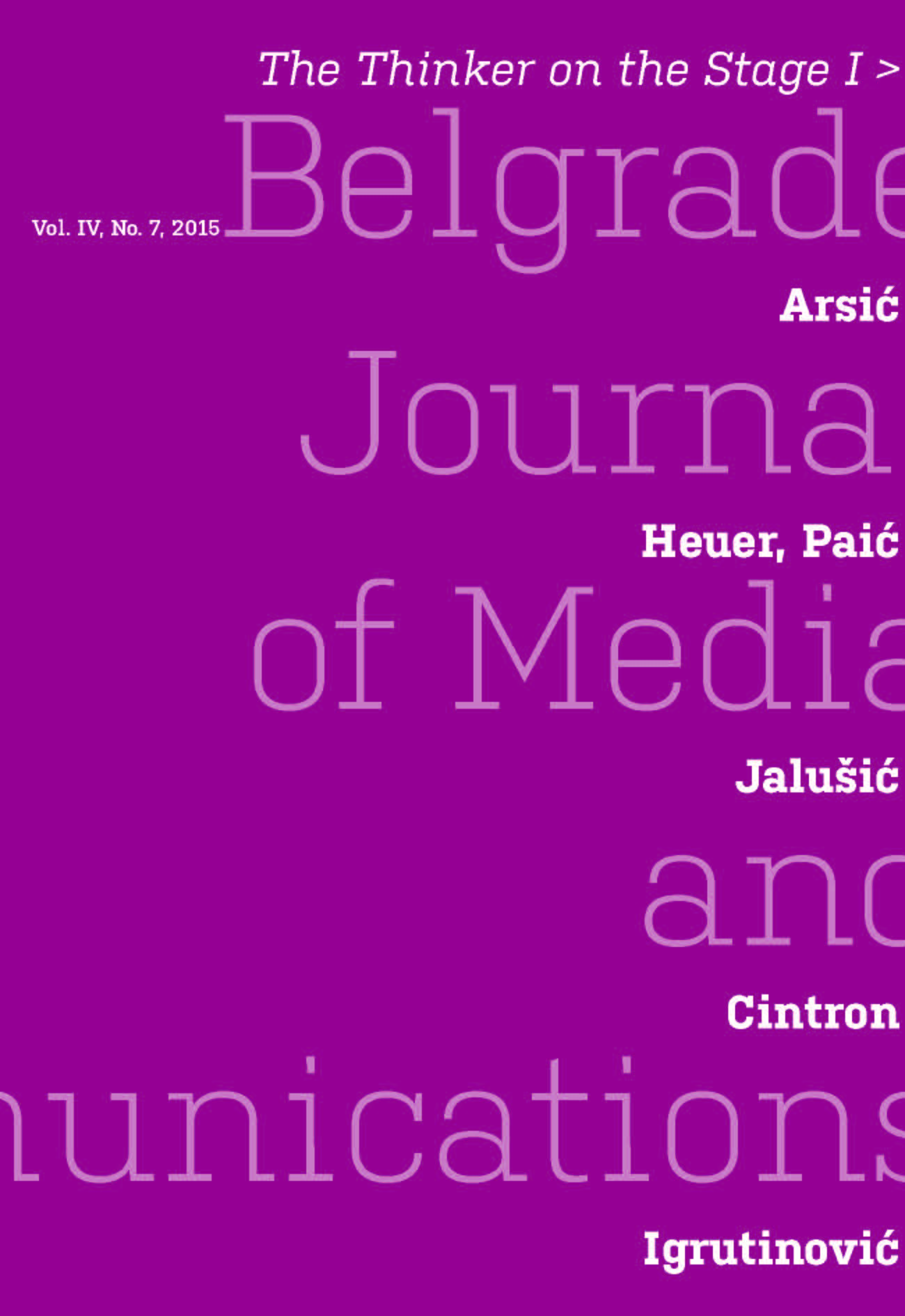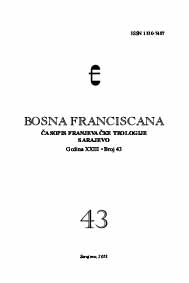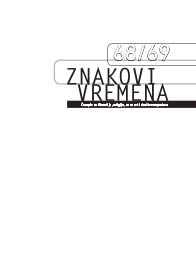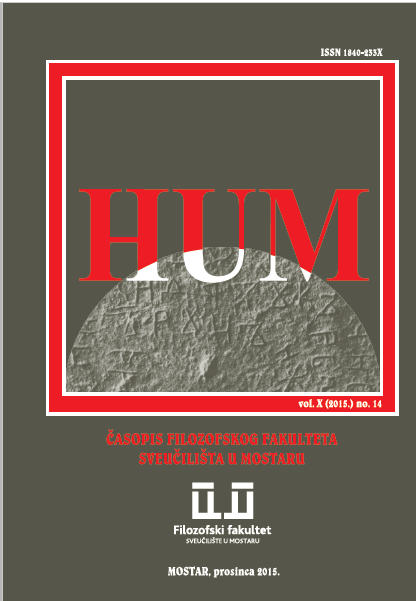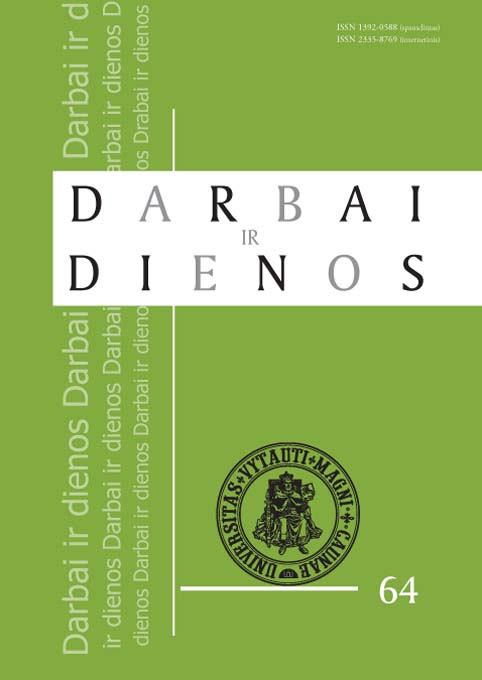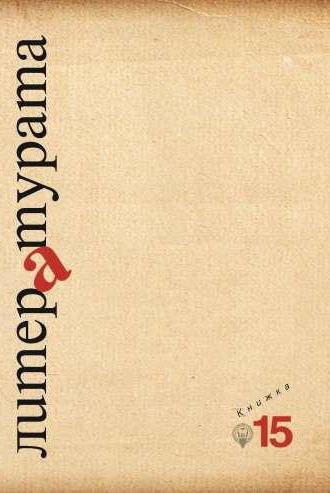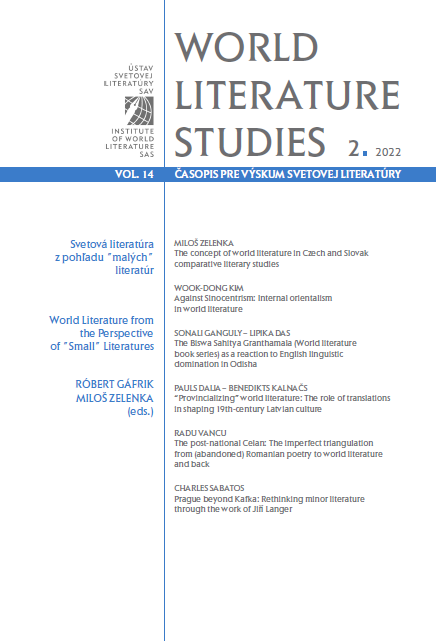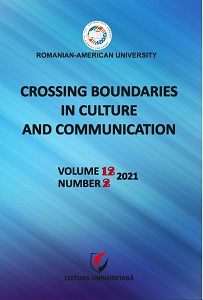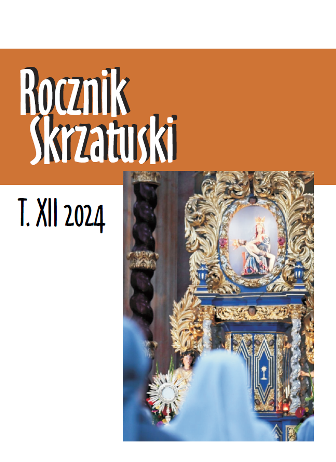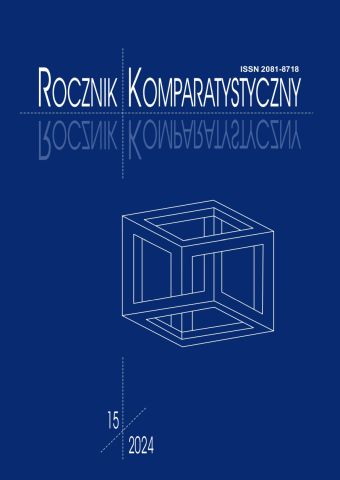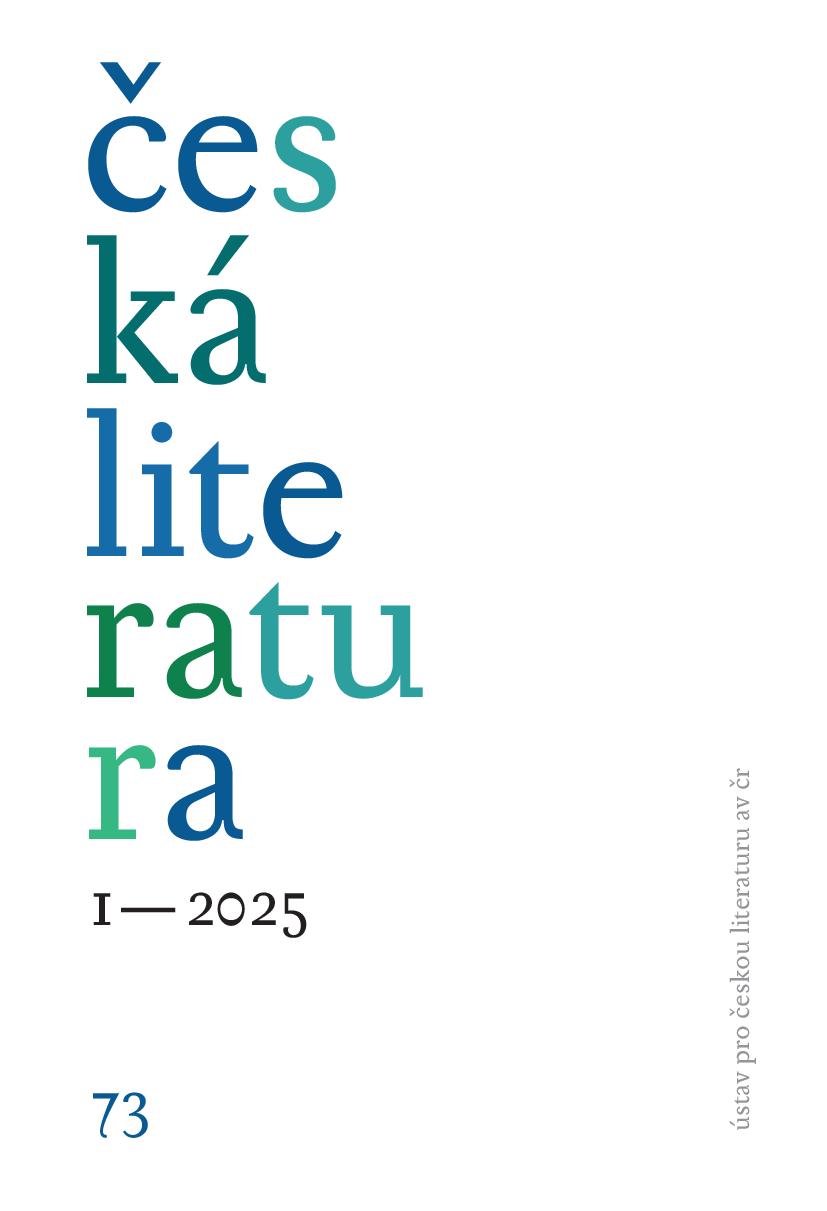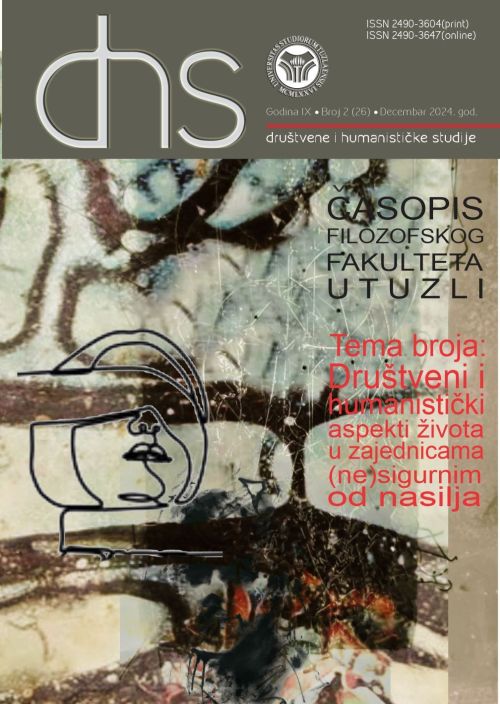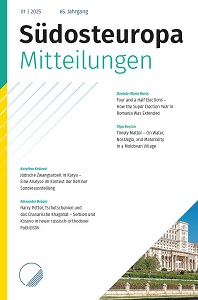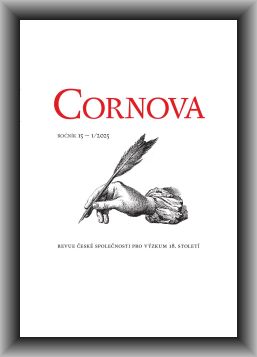Author(s): Olaf Leiße,Elke Cezanne,Juliana Roth,Helmut Wilhelm Schaller,Joachim Hösler,Danica Trifunjagić,Zsófia Turóczy,Christian Voss / Language(s): German
Issue: 1/2025
Review of:
Daniel Biro: Der politische Diskurs in Rumanien von 1945 bis 2020, Eine Sentimentanalyse, Berlin: Frank & Timme 2023, 306 Seiten, ISBN 978-3-7329-0896-7;
Mathias Beer / Sorin Radu (Hg.): Migration und kulturelles Erbe, Das Beispiel der deutschen Minderheiten in und aus Rumanien, Göttingen: Vandehoeck & Ruprecht 2024 (= Schnittstellen, Band 27), 382 Seiten, ISBN 978-3-525-30241-5;
Dimitặr Ganev: Bặlgarskata političeska počva, Plastove na nacionalnata političeska kultura (Der bulgarische politische Boden – Schichten der nationalen politischen Kultur), Sofia: Ciela 2024, 376 Seiten, ISBN 978-954-28-4758-8;
Jörg Ganzenmüller (Hg.): Die revolutionaren Umbruche in Europa 1989/91, Zwischen Deutungen und Reprasentationen, Köln, Wien: Böhlau Verlag 2021 (= Europäische Diktaturen und ihre Überwindung. Schriften der
Stiftung Ettersberg, Bd. 28), 303 Seiten mit ca. 40 Abbildungen, ISBN 978-412-43252270-4;
Raoul Ott: Hegemoniebildung und Elitentransformation im Kosovo, Von der spatosmanischen Herrschaft bis zur Republik, Berlin: Logos 2023, 813 Seiten, ISBN 978-3-8325-5720-1;
Christian Voß (Hg.): Die Glokalisierung der sudosteuropaischen Literaturen im 21. Jahrhundert, Berlin: Peter Lang 2024, 238 Seiten, ISBN 978-3-631-91560-8;
Bernd J. Fischer / Oliver Jens Schmitt: A Concise History of Albania; Elizabeth Gowing / Robert Wilton: No Man‘s Lands, Eight Extraordinary Women in Balkan History, Cambridge University Press 2022, Paperback, 400 Seiten mit Abbildungen, ISBN 978-1-107-66218-6;
Goran Stanković / Vladimir Tagić (Regie): Sablja (Operation Sabre), TV-Miniserie, Leipzig: Elbow Publishing 2022, 190 Seiten, ISBN 978-1-9163661-1-4;
More...
